CANBERRA, Australia: The Australian government has recently announced it will be committing A$1 billion to ensure the sustainability of the Child Dental Benefits Schedule (CDBS) for the next few years. The Australian Dental Association (ADA) congratulated the government on its decision, which includes a commitment to public sector access to the CDBS.
The CDBS officially commenced in January 2014. During 2014–2016, dentists across Australia delivered over 9.7 million dental services to eligible Australian children under the scheme. During the one-year period from July 2017 to June 2018, 5.5 million services were provided. Nevertheless, since the families of eligible children only claimed a low amount of the rebate of up to A$1,000 on dental care costs which could be claimed every two years, the government intended to terminate the scheme from 1 July 2016. After strong criticism of the government’s intention, the scheme was retained while the ADA and the government addressed the need for better marketing and awareness of the scheme.
“We know that a child’s oral health is a good predictor for the future, so it is critical that we embed good oral health habits at an early age. Getting children to visit the dentist regularly through schemes such as the CDBS is critical to halting the level of decay we see in children currently,” said ADA President Dr Carmelo Bonanno while welcoming the recent federal budget announcement.
Dental caries in children continues to be an issue in Australia. According to the ADA, 34.3 per cent of Australian children aged 5–6 have experienced caries in their primary teeth and 23.5 per cent of children aged 6–14 have experienced dental caries in their permanent teeth. Dental caries experience for primary and permanent teeth varied between states and territories, with the highest amount of dental caries being found in Northern Territory and Queensland, according to the Australian Institute of Health and Welfare. The Australian Bureau of Statistics reported that, from 2016, children and adolescents were the group most likely to exceed the sugar intake recommendation of the World Health Organization, with almost three-quarters of 9- to 18-year-olds exceeding the recommendation.
“We are seeing too many children of a young age needing admission to hospital to have teeth extracted under anaesthetic, so it’s really important that we get the message to parents. Watch how much sugar your kids are having and find time to get them to the dentist for a check-up regularly,” Bonanno concluded.
Tags:
SYDNEY, AUSTRALIA: In 2011, the Mars Wrigley Foundation, together with the Australian Dental Health Foundation (ADHF), implemented a programme focused on ...
EDINBURGH, UK: Currently, NHS dental care is free at the point of use for those under 18 throughout the UK. Part of the Scottish National Party’s (SNP) ...
ADELAIDE, Australia: A recent study, led by the Australian Research Centre for Population Oral Health (ARCPOH) at the University of Adelaide, aimed to ...
SYDNEY, Australia: A few days after the Australian elections, the Australian Dental Association (ADA) has reaffirmed its commitment to collaborating with ...
MELBOURNE, Australia: The standard of oral health in Australia is well below that in many parts of the Western world, with one report showing that 90 per ...
Whilst you are reading this article, somewhere in the world a child is suffering deliberate harm, inflicted by someone who is supposed to care about them. ...
DUNEDIN, New Zealand: The University of Otago in New Zealand has recently reopened its multimillion-dollar dental school, the only one in the country. The ...
MELBOURNE, Australia: Poor oral health is something many Australians are dealing with every day. Limited access to dental care services, increase in ...
LONDON, England: The current state of public health dentistry in the UK is, without question, lamentable. Plagued by financial, personnel and regulatory ...
CANBERRA, Australia: Official statistics show that in Australia up to 60% of dental care is paid out of pocket, whereas many other kinds of healthcare are ...
Live webinar
Tue. 3 March 2026
8:00 pm EST (New York)
Dr. Vasiliki Maseli DDS, MS, EdM
Live webinar
Wed. 4 March 2026
12:00 pm EST (New York)
Munther Sulieman LDS RCS (Eng) BDS (Lond) MSc PhD
Live webinar
Wed. 4 March 2026
1:00 pm EST (New York)
Live webinar
Wed. 4 March 2026
8:30 pm EST (New York)
Lancette VanGuilder BS, RDH, PHEDH, CEAS, FADHA
Live webinar
Fri. 6 March 2026
3:00 am EST (New York)
Live webinar
Tue. 10 March 2026
4:00 am EST (New York)
Assoc. Prof. Aaron Davis, Prof. Sarah Baker
Live webinar
Tue. 10 March 2026
8:00 pm EST (New York)
Dr. Vasiliki Maseli DDS, MS, EdM



 Austria / Österreich
Austria / Österreich
 Bosnia and Herzegovina / Босна и Херцеговина
Bosnia and Herzegovina / Босна и Херцеговина
 Bulgaria / България
Bulgaria / България
 Croatia / Hrvatska
Croatia / Hrvatska
 Czech Republic & Slovakia / Česká republika & Slovensko
Czech Republic & Slovakia / Česká republika & Slovensko
 France / France
France / France
 Germany / Deutschland
Germany / Deutschland
 Greece / ΕΛΛΑΔΑ
Greece / ΕΛΛΑΔΑ
 Hungary / Hungary
Hungary / Hungary
 Italy / Italia
Italy / Italia
 Netherlands / Nederland
Netherlands / Nederland
 Nordic / Nordic
Nordic / Nordic
 Poland / Polska
Poland / Polska
 Portugal / Portugal
Portugal / Portugal
 Romania & Moldova / România & Moldova
Romania & Moldova / România & Moldova
 Slovenia / Slovenija
Slovenia / Slovenija
 Serbia & Montenegro / Србија и Црна Гора
Serbia & Montenegro / Србија и Црна Гора
 Spain / España
Spain / España
 Switzerland / Schweiz
Switzerland / Schweiz
 Turkey / Türkiye
Turkey / Türkiye
 UK & Ireland / UK & Ireland
UK & Ireland / UK & Ireland
 Brazil / Brasil
Brazil / Brasil
 Canada / Canada
Canada / Canada
 Latin America / Latinoamérica
Latin America / Latinoamérica
 USA / USA
USA / USA
 China / 中国
China / 中国
 India / भारत गणराज्य
India / भारत गणराज्य
 Pakistan / Pākistān
Pakistan / Pākistān
 Vietnam / Việt Nam
Vietnam / Việt Nam
 ASEAN / ASEAN
ASEAN / ASEAN
 Israel / מְדִינַת יִשְׂרָאֵל
Israel / מְדִינַת יִשְׂרָאֵל
 Algeria, Morocco & Tunisia / الجزائر والمغرب وتونس
Algeria, Morocco & Tunisia / الجزائر والمغرب وتونس
 Middle East / Middle East
Middle East / Middle East
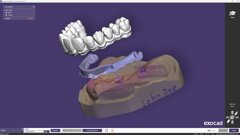


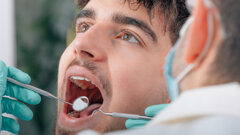
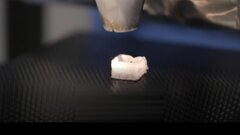






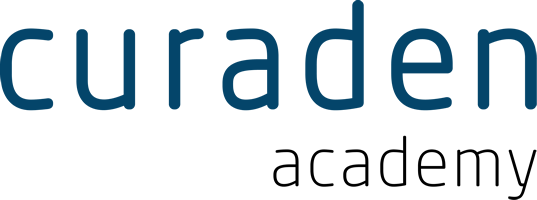









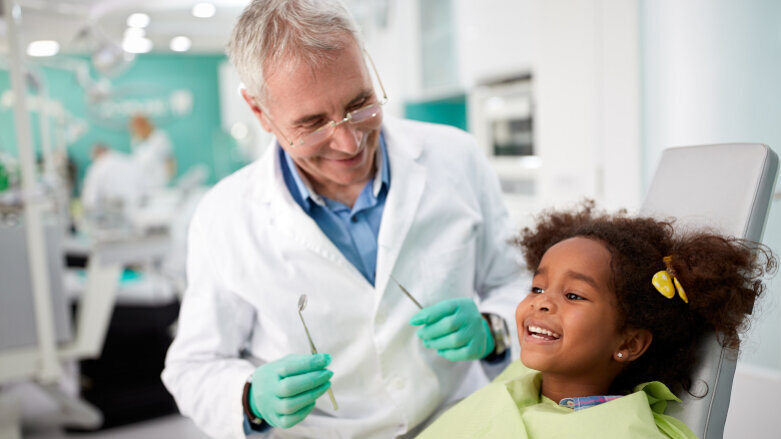





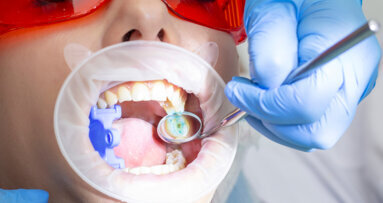





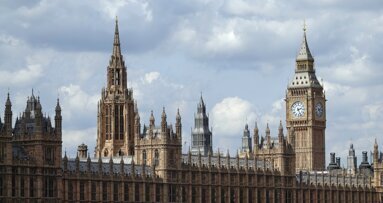









To post a reply please login or register